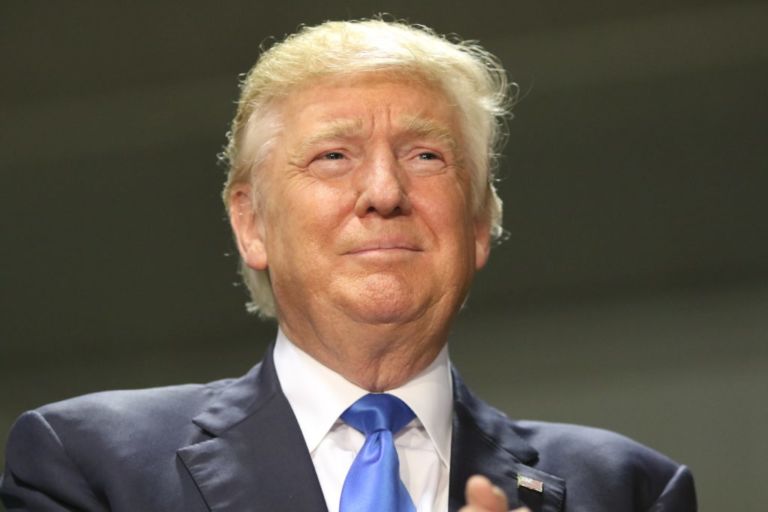Matthew Continetti writes for Commentary about the impact of the New Right on Republican politics.
Republicans haven’t issued a platform since 2016, and it shows. What the party stands for is no longer central to its identity. Enraptured by Trump, the GOP’s vanguard longs above all for outsiders who promise to rebuke the left, upend the political system, and restore America to lost glory. The details are to be filled in later. In today’s GOP, positive messages and government experience are out; novelty, conspiracy theory, and a sense of foreboding are in. “It is not ‘Morning in America,’” Ramaswamy told Pence. “We live in a dark moment, and we have to confront the fact that we’re in an internal sort of cold cultural civil war.”
This vision—America on the precipice in a war that promises to destroy the country and all of Western civilization—has put Ramaswamy at the vanguard of the Republican Party’s newest “New Right.”1 Ramaswamy speaks for those Republicans, many of them young and very online, who believe that the GOP ought to be remade in Trump’s image.
In the New Right’s view, Reagan-era Republicans had a few accomplishments between 1980 and 2008 but have had little useful to say in the years since. That is why the New Right network—which includes media and technology personalities such as Tucker Carlson, Elon Musk, and David Sacks, and legacy institutions such as the Heritage Foundation—wants radically to revise the Right’s positions on foreign intervention, free markets, and limited government.
The first thing to say about the New Right is that it can get weird. Its ranks are composed almost entirely of men. They inhabit a social-media cocoon where they talk a lot about manhood, and strength, and manliness, and push-ups, and masculinity, and virility, and weight-lifting, and testosterone.


